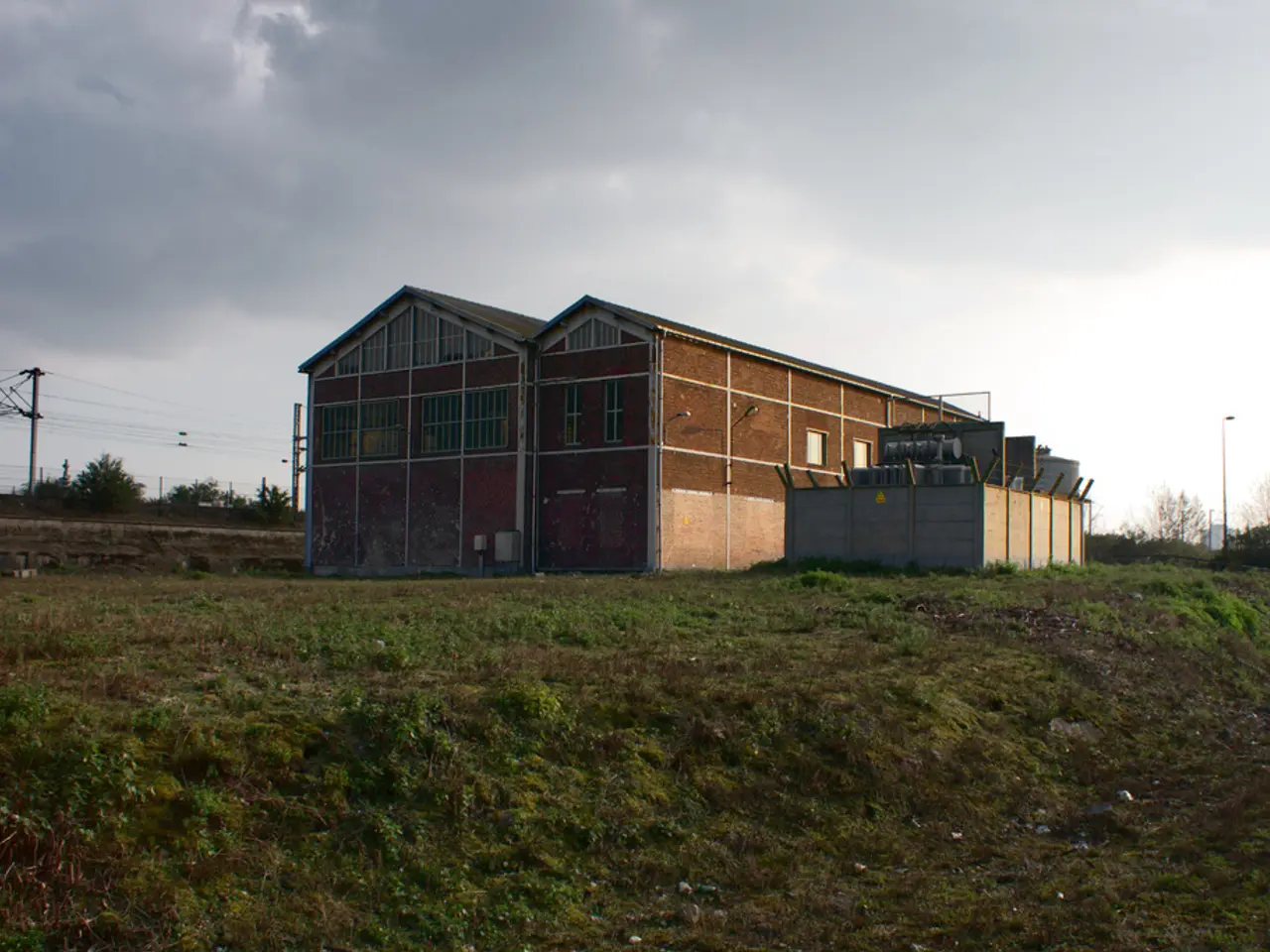Tesla factory gets council approval in Adelaide, despite heavily obscured opposition objections
In the heart of Adelaide, a proposed Tesla battery factory has stirred up a storm of controversy, with concerns over environmental impacts and community space clashing with promises of economic growth and renewable energy progress.
The Marion council, along with the state Renewal SA and SA Housing Trust, has put forward a plan to sell a contaminated piece of public land to a developer, MAB CCT, who intends to lease the land to Tesla for a battery factory and EV servicing. The site, Chestnut Court Reserve, has been closed to the public since 2016 due to heavy contamination of the chemical trichloroethylene, a substance commonly used for metal degreasing and known to cause cancer, Parkinson's, and other illnesses.
Opposition to the project is primarily driven by environmental concerns, particularly the removal of mature trees and the contamination at the proposed site. Plans require removing 58 trees, including significant and regulated trees, sparking concerns about loss of green space. The site's contamination issues have prevented public access for years, raising environmental and public health worries. Additionally, there is community anxiety about reduced recreational space due to revoking community land status.
However, the project has been approved due to its potential benefits. The factory supports South Australia's commitment to 100% net renewable energy by 2027 by expanding local battery production and recycling capabilities. The project is expected to generate about 100 local jobs and provide economic stimulus to the region. To mitigate the tree removal concerns, the city council plans to offset this by planting 62 new trees and rehabilitating the contaminated reserve. Proceeds from the land sale may fund the purchase of nearby Ash Avenue Reserve, which the council aims to keep open as recreational space for the community.
The Marion mayor, Kris Hanna, believes it makes sense to seal the contaminated land with a renewable technology facility. The factory aligns with Tesla’s ongoing work in South Australia with large-scale batteries and virtual power plants that support grid stability and renewable integration.
The opposition towards the project is not entirely focused on the environmental aspects. Some criticism is directed towards Elon Musk, due to his high-profile, far-right political statements and actions, and some increasingly weird behavior. Despite this, the public of Marion and wider Adelaide have rejected the idea of a Tesla company buying a piece of their city's land, with 897 submissions expressing their disapproval.
Locals have suggested that the council should clean up the site and build homes instead. However, the council's recommendation is to change the land's classification, even if Tesla is not the ultimate user, to get rid of the land and the liability. The council's report states that the benefits of employment, innovation, emissions reduction, and utilization of contaminated land outweigh any geopolitical or symbolic criticisms.
In summary, the Tesla battery factory plan in Adelaide has been met with opposition due to environmental and community space impacts, but supporters argue for economic growth, renewable energy progress, and remediation commitments. The government and council have tried to balance these concerns by including tree replanting and reserve rehabilitation in the plan. The outcome of this contentious issue remains to be seen.
[1] Marion Council, Renewal SA, and SA Housing Trust. (2022). Tesla Battery Factory Proposal. Retrieved from www.marion.sa.gov.au/tesla-battery-factory-proposal [2] Tesla Inc. (2021). Tesla in South Australia. Retrieved from www.tesla.com/southaustralia [3] Australian Renewable Energy Agency. (2020). Tesla Virtual Power Plant. Retrieved from www.arena.gov.au/project/tesla-virtual-power-plant
- The Tesla battery factory, if built, will contribute to the manufacturing industry by expanding local battery production and recycling capabilities, aligning with South Australia's commitment to renewable energy.
- This project is not only about renewable energy progress; it also holds significant potential for economic growth, as it is expected to generate about 100 local jobs and provide stimulus to the regional finance and business sectors.




